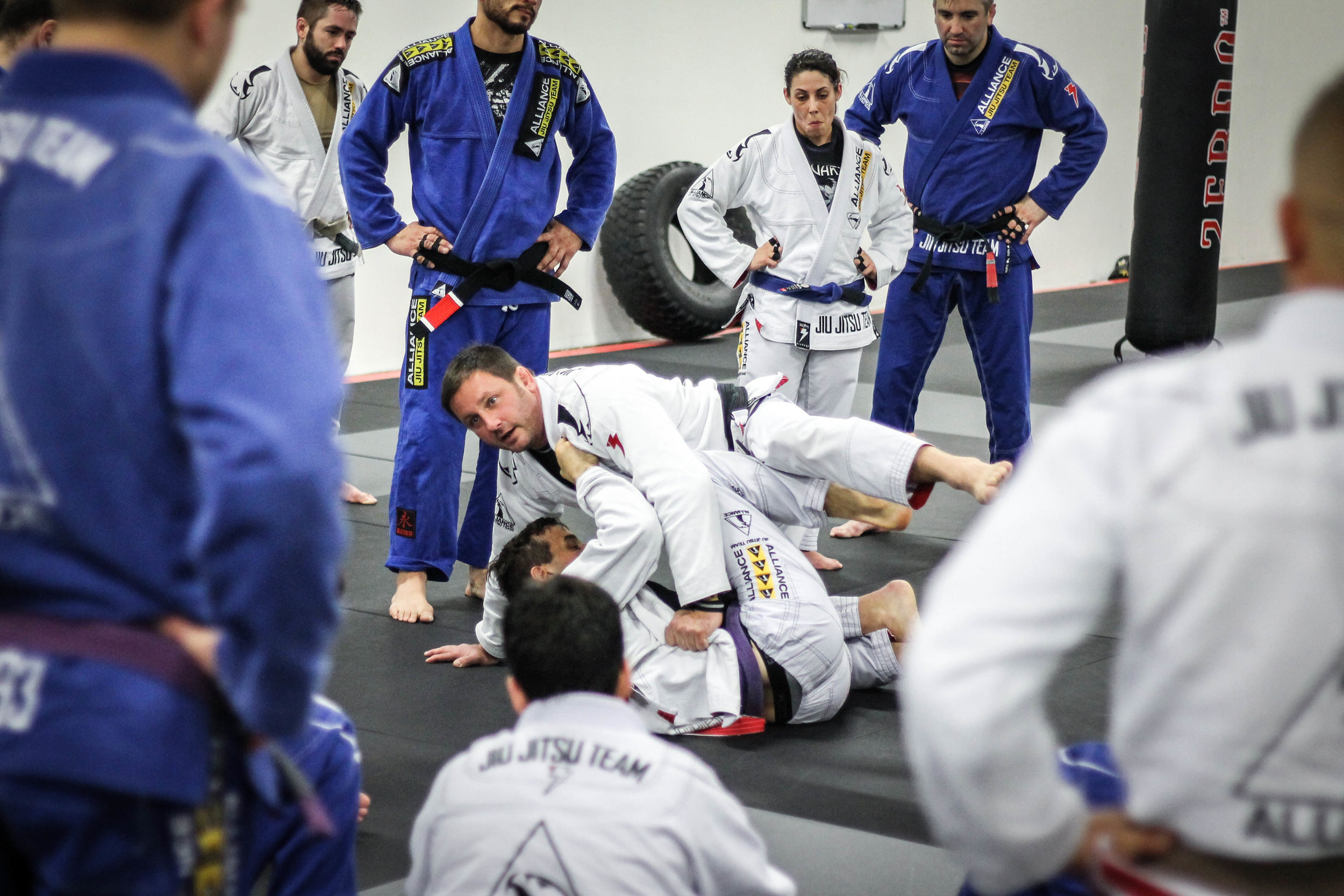Learning the Jiu Jitsu Belts and rankings
How Long Does It Take to Earn a Jiu Jitsu Belt?
The length of time it takes to earn a Alliance Jiu Jitsu belt depends on a variety of factors, including the individual’s dedication to training, and the amount of time spent on the mat. Generally, it takes between two and four years to earn a blue belt, four to six years to earn a purple belt, and six to eight years to earn a brown belt. It can take even longer to earn a black belt, which is the highest level of achievement in Jiu Jitsu.
The Different Belt Levels
In Jiu Jitsu, there are six belt levels: white, blue, purple, brown, black, and red. Each belt level requires a certain amount of skill and knowledge, and the higher the belt level, the more difficult it is to achieve.
White belts are the beginners, and they are expected to learn the basics of Jiu Jitsu.
Blue belts are more advanced and have a better understanding of the techniques.
Purple belts are considered to be intermediate practitioners, and they are expected to have a good understanding of the techniques and be able to apply them in sparring.
Brown belts are considered to be advanced practitioners, and they are expected to have a good understanding of the techniques and be able to apply them in sparring.
Black belts are the highest level of achievement in Jiu Jitsu, and they are expected to have a deep understanding of the techniques and be able to apply them in sparring.
Red belts considered the Master Belts and are reserved for the most experienced practitioners, and they are expected to have a deep understanding of the techniques and be able to apply them in sparring. The red master belt is the highest honor in Jiu Jitsu.
Jiu Jitsu (BJJ) Belt stripes: Stripes on belts are used to show there level in that belt. Each stripe on a belt a student receives in our Jiu Jitsu class or promotion there rank is now higher within that belt color.
The Importance of Training
Training is essential for progressing through the belt system in Jiu Jitsu. It is important to attend classes regularly and to practice the techniques that are taught. It is also important to spar with other practitioners in order to gain experience and to test the techniques that have been learned. Training is also important for developing the physical and mental strength that is necessary for success in Jiu Jitsu. Make sure and don’t be afraid to ask the upper belts to spar or roll. You will gain a lot of knowledge and understanding in the sport and make sure to ask them after the spar or roll what you could have done better.


